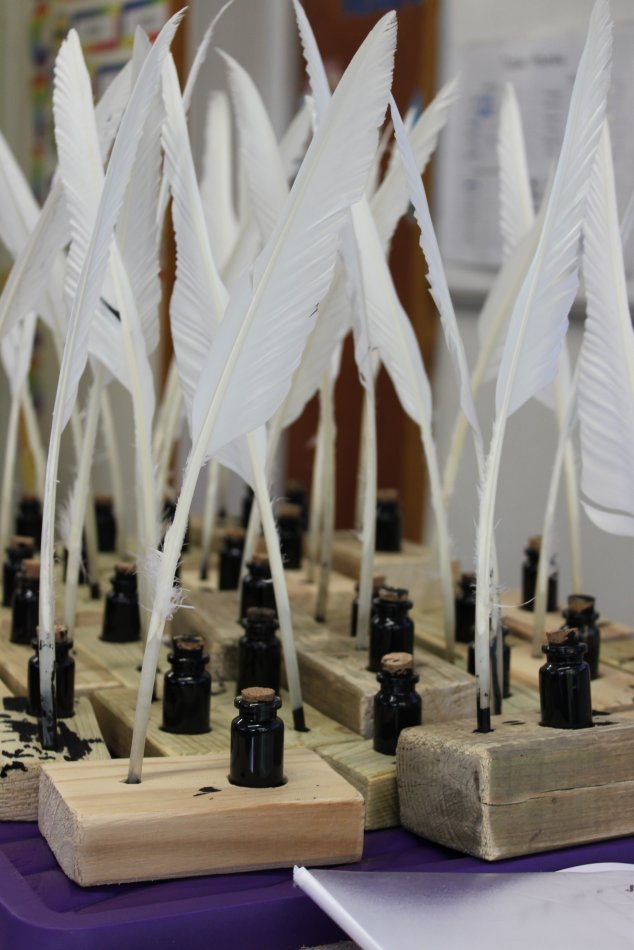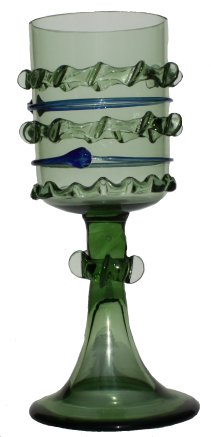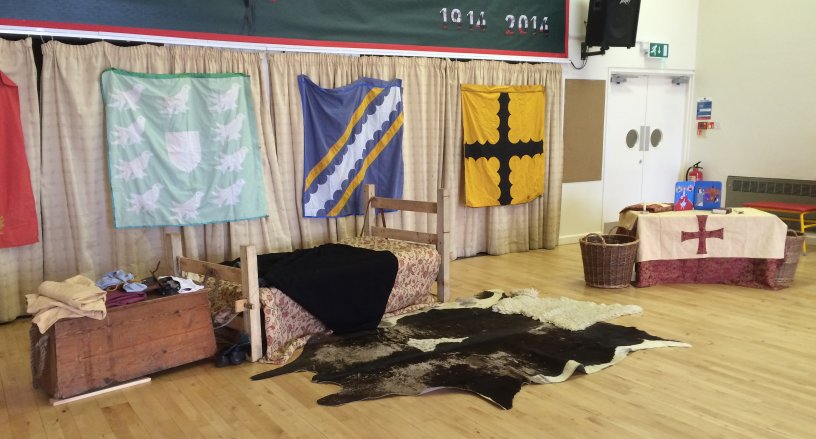 |
Norman Control Following the invasion of William the Conqueror, the Normans quickly established a power base across the south and east of England. The Norman castle at Cambridge was one of the first to be built (1067) and represented the Norman French dominion over the existing Anglo-Danish population. The significance of the changes which occured during this period and their implications for our culture cannot be underplayed. The legal system, the creation of the feudal system, the position of women and the English language itself were all dramatically affected by Norman overlordship. |
The Struggle for Power
Despite the speed and brutality with which William attempted to exert control over his new territory, the succession was not assured and revolt and uncertainty reigned. The anarchy (a civil war between cousins, Matilda and Stephen) raged between 1139-1153 and resulted in the building of Burwell Castle and the seizure of Cambridge Castle. The struggle for power between the king and powerful lords continued thorughout the period, despite the agreement of the famous Magna Carta in 1215.
For a resource focusing on Magna Carta for Key Stage 1, 2 or Key stage 3, click here.
Magna Carta 800 Years 1215-2015
This year many schools will be wishing to mark this very significant date with a special focus on Magna Carta. We are offering a tailored Magna Carta Day for schools, which include writing with authentic ink, exploring a little more about the feudal system and the life of the peasant workers. At a time when schools are required to ensure that they are teaching 'British Values', what better way to engage children in this topic by exploring how some of these original British Values came about?
You might wish to download our Magna Carta Game for use with whole classes, or you might prefer to read our free teacher breifing in the resources section.
 |
|
|
Christianity and the Crusades
1095 saw the first Crusade, reflecting the strength of Christian fervour and the connection between the church and state. In Cambridgeshire, the Knights Templar were given Denny Priory in 1169 and established a hospital there until their powerful order was disbanded and the priory seized by the state in 1324. The complete interconnection between spiritual and everyday life for all people in the period, is difficult for us to grasp now, but beliefs about the will of God, divine punishment and holy war influenced every decision made by royalty and peasantry alike.
Society
The Medieval period saw the expansion of towns and villages and although the practice of slavery was phased out by the Norman rulers, as being un-Christian, a large class of bonded villeins and serfs grew, all with a duty to give service (labour) to their lord. Arrival of the first plagues, in the 14th century, turned this new social structure on its head, creating greater prosperity and freedom for some, but uncertainty for others.
The study of the high and later medieval periods, offers many fascinating avenues for children of all ages. Whether you are exploring knights and castles with pre-school age children or Medieval Realms with KS3 students, Gripping History can work with you to prepare an informative and entertaining programme, which meets the needs of your pupils.







